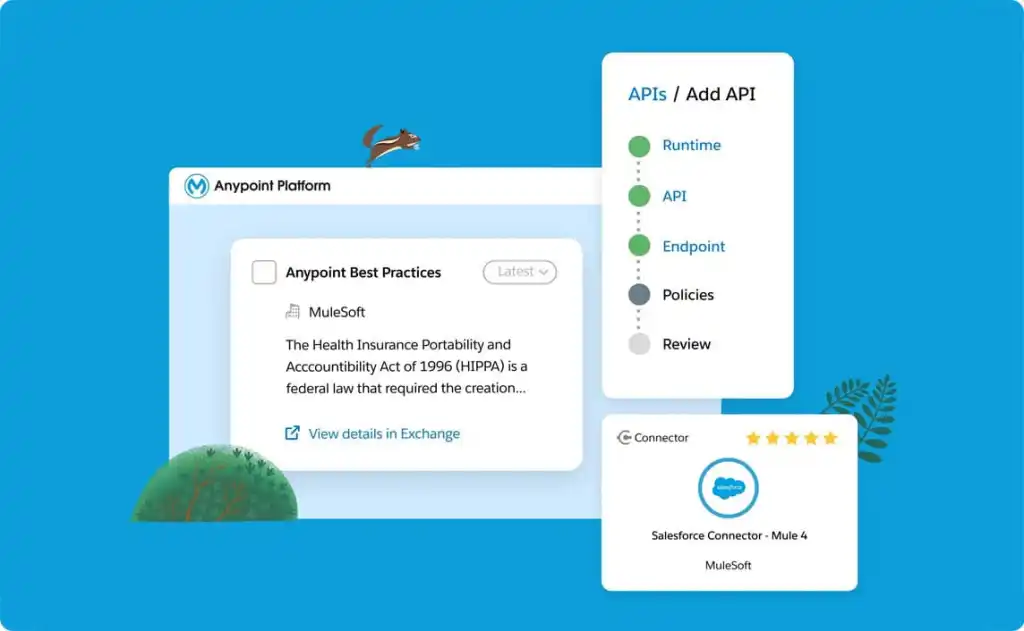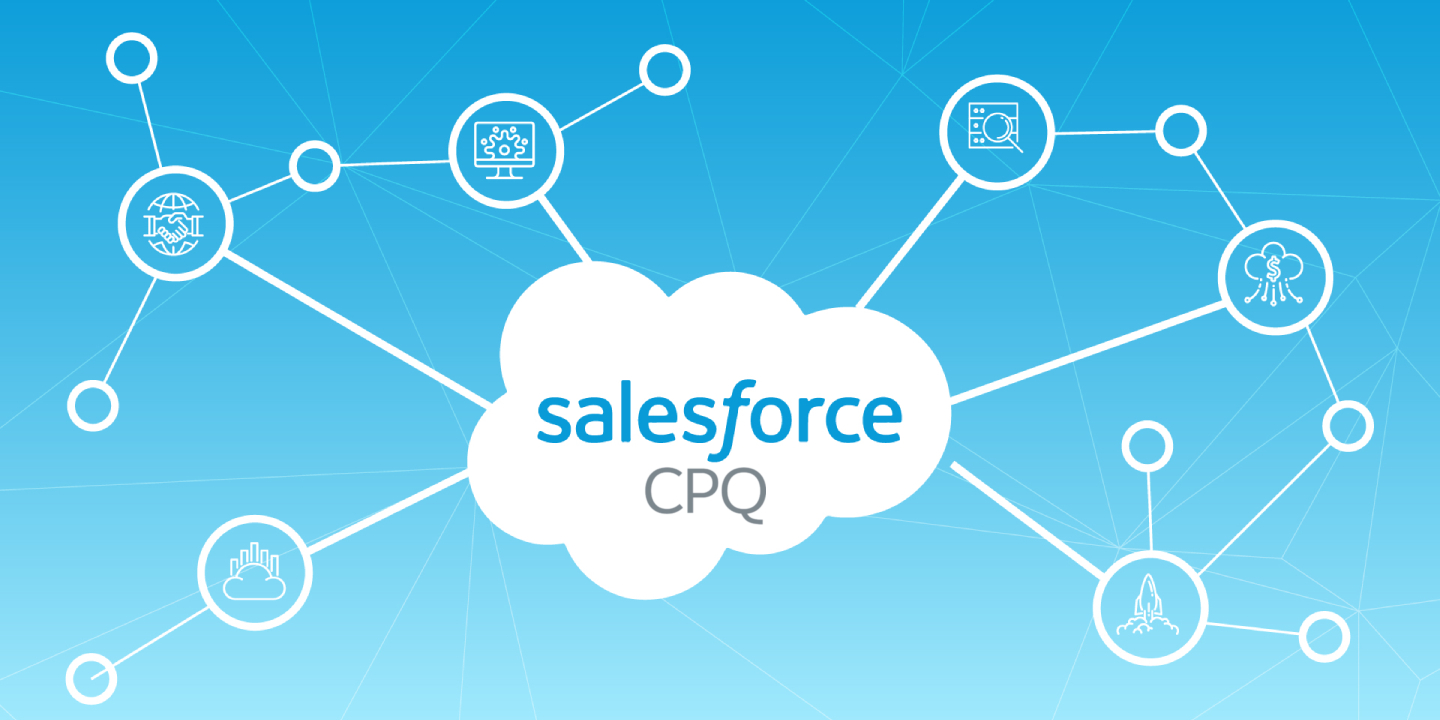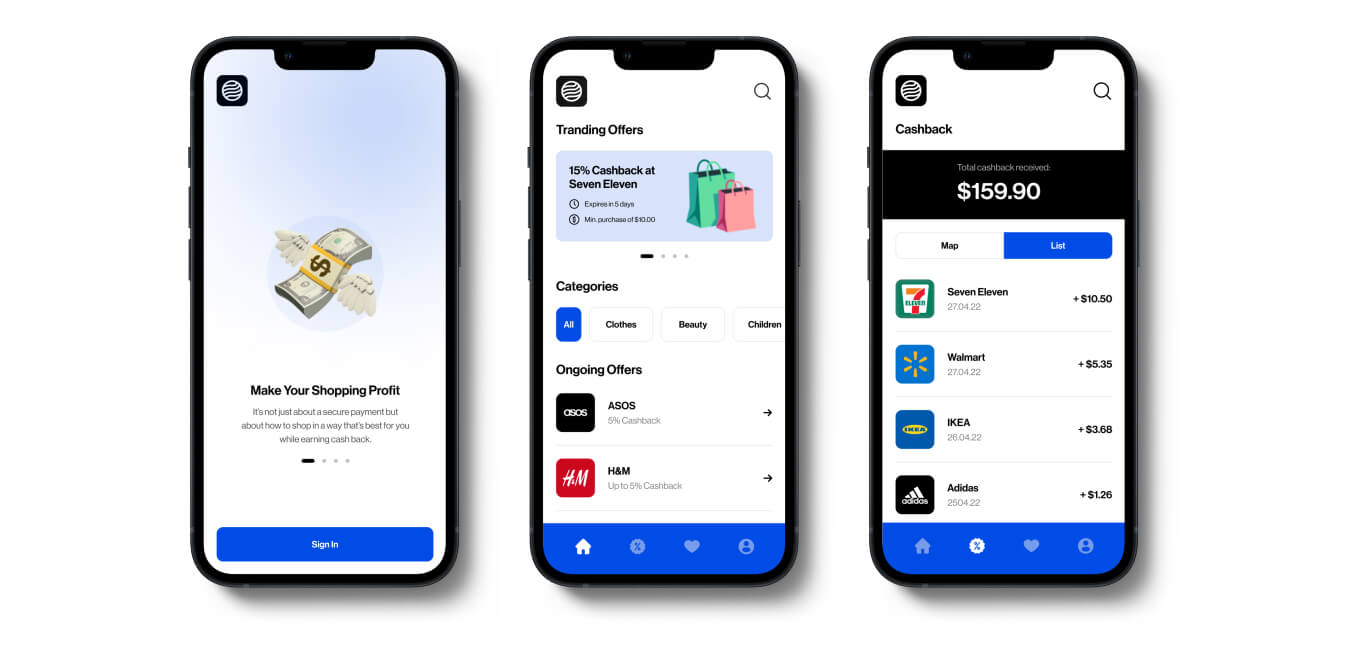In today’s fast-paced digital world, businesses are leveraging multiple applications, platforms, and services to streamline operations and improve customer experiences. However, connecting all these systems seamlessly is often a significant challenge. That’s where Salesforce Mulesoft comes into play.
Mulesoft, a leading integration platform, enables organizations to unify disparate systems, applications, and data sources, facilitating smooth data flow and process automation. When combined with Salesforce, it becomes a powerhouse for digital transformation.
If you’re looking for experts to implement and customize Mulesoft to fit your unique business needs, Winklix is your ideal partner. With a proven track record of handling Mulesoft implementation and customization, Winklix ensures smooth integration, minimal disruptions, and maximum ROI.
What is Mulesoft?
Mulesoft is an integration platform that enables businesses to connect their applications, data, and devices through APIs (Application Programming Interfaces). It offers a unified approach to building application networks, facilitating secure, real-time data exchange.
With Mulesoft, companies can integrate on-premise systems, cloud applications, and third-party services in a seamless and scalable manner. Its flagship product, MuleSoft Anypoint Platform, allows developers to design, build, and manage APIs, reducing development time and enhancing connectivity.
Key Features of Mulesoft
- API-led Connectivity: Create reusable APIs to connect systems quickly.
- Anypoint Exchange: Access pre-built connectors and templates for faster integrations.
- Cloud & On-premise Integration: Connect both legacy systems and modern cloud platforms.
- Drag-and-Drop Interface: Build integrations visually using a low-code approach.
- Real-time Data Exchange: Enable smooth data flow between applications in real time.
Why Do Businesses Need Mulesoft?
With the rise of cloud services, businesses are using multiple SaaS platforms for CRM, ERP, HR, and more. But without proper integration, these systems work in isolation, resulting in data silos and inefficiencies. Mulesoft resolves this issue by providing a unified platform to connect apps, data, and devices.
Here’s why businesses are adopting Mulesoft:
- Seamless System Integration: Connect CRMs like Salesforce, ERPs like SAP, and other software applications.
- Enhanced Customer Experience: Access customer data from multiple touchpoints to provide personalized service.
- Faster Time-to-Market: Reusable APIs speed up development and launch times for new applications.
- Operational Efficiency: Reduce manual data entry, improve automation, and increase process efficiency.
- Future-proof Scalability: Easily adapt to new technologies, apps, and devices as business needs evolve.
How Mulesoft and Salesforce Work Together
When combined, Mulesoft and Salesforce create a unified ecosystem for customer relationship management (CRM) and business process automation. Salesforce, as a leading CRM platform, handles customer data, sales, and service processes. Mulesoft extends Salesforce’s capabilities by connecting it to external systems, enabling 360-degree customer views and faster workflows.
Benefits of Integrating Mulesoft with Salesforce:
- Unified Customer View: Merge customer data from Salesforce, ERP, and other platforms into a single dashboard.
- Faster Sales Cycles: Automated workflows and data sharing speed up lead generation and conversion.
- Better Customer Support: Access data from multiple systems to provide faster, more personalized customer support.
- Salesforce Data Integration: Sync Salesforce data with on-premise systems like Oracle, SAP, and other third-party apps.
Example Use Case:
Suppose a retail company wants to offer personalized shopping experiences to its customers. By integrating Mulesoft with Salesforce, the company can sync customer order data from its e-commerce platform, shipping provider, and CRM. This allows customer service agents to provide real-time updates on orders, personalized recommendations, and faster resolutions.
How Winklix Can Help with Mulesoft Implementation and Customization
If you’re searching for a reliable partner for Mulesoft implementation and customization, look no further than Winklix. With a team of skilled developers and consultants, Winklix offers end-to-end Mulesoft services, from system integration to API development and process automation.
Here’s how Winklix can support your Mulesoft journey:
1. End-to-End Mulesoft Implementation
The Winklix team provides comprehensive Mulesoft implementation services, helping you connect applications, data, and devices to build a unified ecosystem. From planning and design to deployment and post-launch support, their process ensures minimal disruptions and faster go-lives.
Services offered:
- Requirements analysis and solution design
- API development and implementation
- Testing, quality assurance, and performance optimization
- Deployment and go-live support
2. Custom Mulesoft Solutions
Every business has unique processes, workflows, and application ecosystems. Winklix offers customized Mulesoft solutions tailored to your specific needs. They understand that off-the-shelf integrations may not be enough, which is why they build custom APIs, connectors, and workflows.
Customization capabilities include:
- Custom API development for Salesforce, ERP, and third-party tools
- Integration of industry-specific applications (healthcare, retail, logistics, etc.)
- Real-time data synchronization between legacy systems and cloud apps
3. API Development and Management
APIs play a crucial role in modern system integration. Winklix builds APIs that can be reused across departments and processes, reducing development time and increasing scalability. Their expertise in API lifecycle management ensures secure, efficient, and version-controlled APIs.
Key services include:
- Custom API design, development, and testing
- API management, versioning, and scalability
- Security implementation for data protection and user access control
4. Mulesoft Support and Maintenance
Ongoing support and maintenance are essential for the success of your Mulesoft integration. Winklix offers 24/7 support, bug fixes, performance optimization, and system upgrades. Their dedicated support team ensures seamless business operations with minimal downtime.
Support services include:
- Bug fixes and system updates
- 24/7 technical support
- Performance monitoring and optimization
5. Training and Consultation
Winklix provides training and consultation to help your in-house team understand Mulesoft’s capabilities. Their consultants work with your internal IT team to equip them with the skills needed to handle system changes and updates. This hands-on training empowers your business to make changes as needed.
Benefits of Working with Winklix for Mulesoft Integration
Winklix stands out as a trusted partner for Mulesoft implementation and customization due to its industry experience, technical skills, and customer-centric approach. Here’s why you should choose Winklix for your Mulesoft journey:
- Industry Expertise: Winklix has extensive experience working with global enterprises across industries like retail, healthcare, and logistics.
- Certified Developers: Their team includes certified Mulesoft developers with in-depth knowledge of API design, development, and management.
- End-to-End Services: From strategy and implementation to support and training, Winklix offers a complete suite of Mulesoft services.
- Cost-Effective Solutions: Their custom solutions are cost-effective, offering maximum ROI for Mulesoft implementation.
- Faster Time-to-Market: With reusable APIs, industry connectors, and pre-built templates, Winklix speeds up project timelines.
Conclusion
As businesses continue to rely on multiple platforms and applications, system integration has become a strategic priority. Salesforce Mulesoft simplifies this process by enabling seamless connectivity, real-time data exchange, and API-led automation.
By partnering with Winklix, you can achieve smooth Mulesoft implementation and customization, enabling your business to operate as a cohesive, unified ecosystem. From API development and system integration to post-launch support, Winklix ensures a seamless experience that boosts efficiency, scalability, and business growth.
If you’re ready to integrate your systems and unlock the power of automation, contact Winklix today for a consultation. Their Mulesoft experts will guide you through the entire process, ensuring your business stays ahead of the competition.




